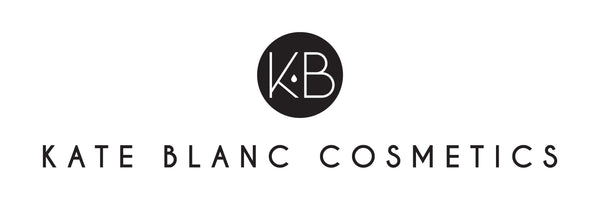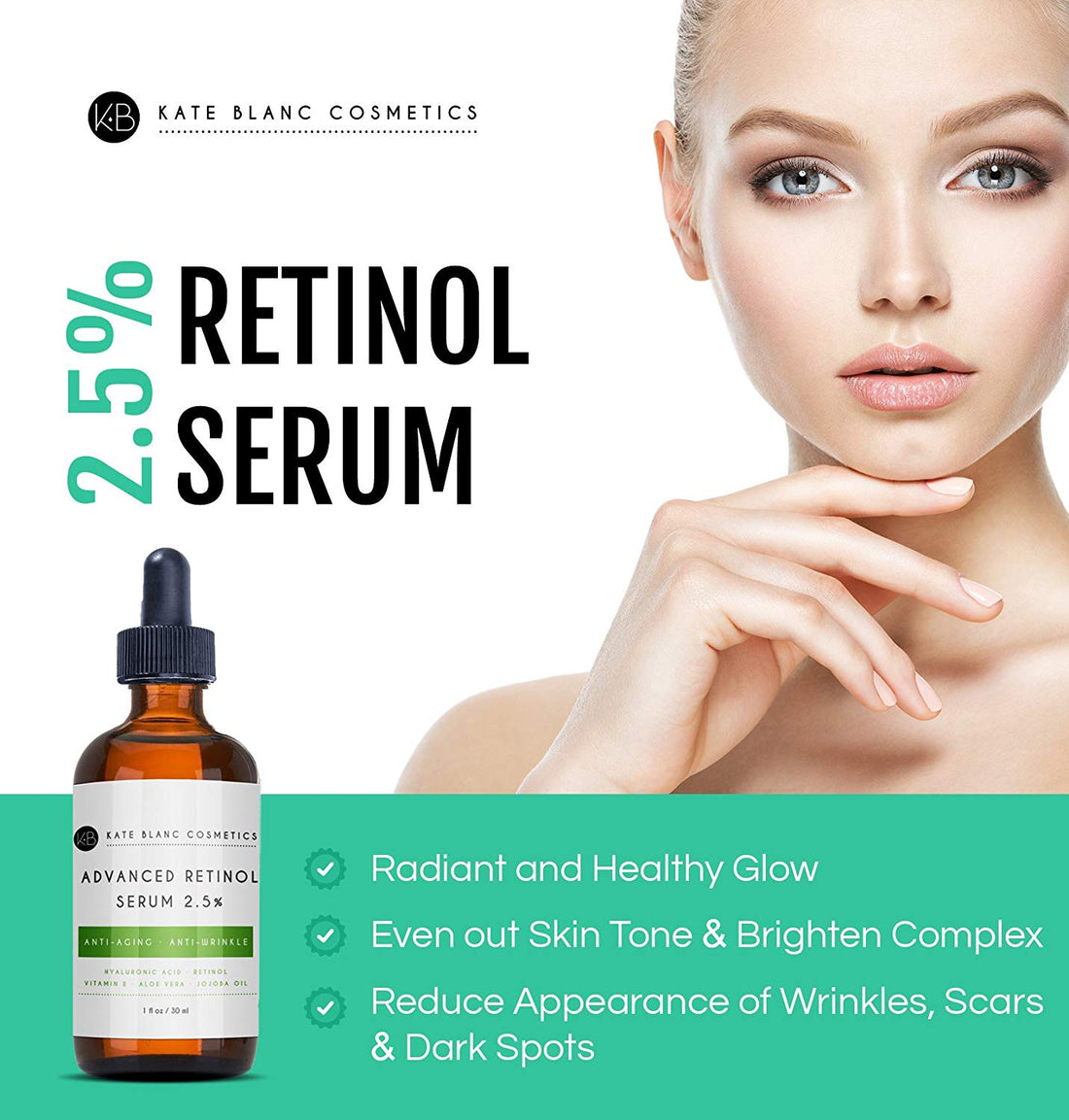Retinol is a powerful ingredient that is commonly found in skincare products. It is a derivative of vitamin A and is known for its ability to promote cell turnover, stimulate collagen production, and improve skin texture and tone. In this article, we will explore the benefits of retinol, how to use it properly, and some potential side effects.
The Benefits of Retinol:
Retinol is a multi-tasking ingredient that offers a wide range of benefits for the skin. One of its primary functions is to increase cell turnover, which means that it helps to slough off dead skin cells and promote the growth of new, healthy cells. This leads to smoother, brighter, and more even-toned skin.
Retinol is also known for its ability to stimulate collagen production. Collagen is a protein that is responsible for the firmness and elasticity of the skin. As we age, our natural collagen production slows down, which can lead to sagging and wrinkling of the skin. Retinol helps to boost collagen production, which can help to reduce the appearance of fine lines and wrinkles and improve overall skin texture.
Retinol is also effective at unclogging pores and preventing breakouts. It works by reducing the production of sebum, which is the oily substance that can clog pores and lead to acne. Additionally, retinol has anti-inflammatory properties, which can help to calm redness and irritation associated with acne.
How to Use Retinol:
Retinol is a potent ingredient, so it is important to use it properly to avoid potential side effects. Here are some tips for using retinol safely and effectively:
- Start Slow: If you are new to retinol, start with a low concentration and use it only once or twice a week. This will allow your skin to adjust to the ingredient and minimize the risk of irritation.
- Use at Night: Retinol can make your skin more sensitive to sunlight, so it is best to use it at night. Be sure to wear sunscreen during the day to protect your skin from UV damage.
- Avoid Sensitive Areas: Avoid applying retinol to the delicate skin around your eyes and lips, as these areas are more prone to irritation.
- Moisturize: Retinol can be drying, so be sure to use a moisturizer after applying it to help keep your skin hydrated.
- Be Patient: It can take several weeks to see results from retinol, so be patient and consistent with your use.
Potential Side Effects:
While retinol is generally safe for most people, it can cause some side effects, especially if used incorrectly. Some potential side effects include:
- Dryness and Irritation: Retinol can be drying and irritating, especially if used too frequently or at a high concentration. If you experience redness, flakiness, or stinging, reduce your use or switch to a lower concentration.
- Sun Sensitivity: Retinol can make your skin more sensitive to sunlight, so be sure to wear sunscreen during the day and avoid prolonged sun exposure.
- Pregnancy: Retinol is not recommended for use during pregnancy, as it can potentially harm the developing fetus.
- Interactions with other products: Retinol can interact with other skincare products, such as benzoyl peroxide, which can cause irritation or reduce the effectiveness of both products.
In conclusion, retinol is a powerful ingredient that offers numerous benefits for the skin. When used properly, it can help to improve skin texture, reduce the appearance of fine lines and wrinkles, and prevent breakouts. However, it is important to use retinol safely and be aware of potential side effects.


